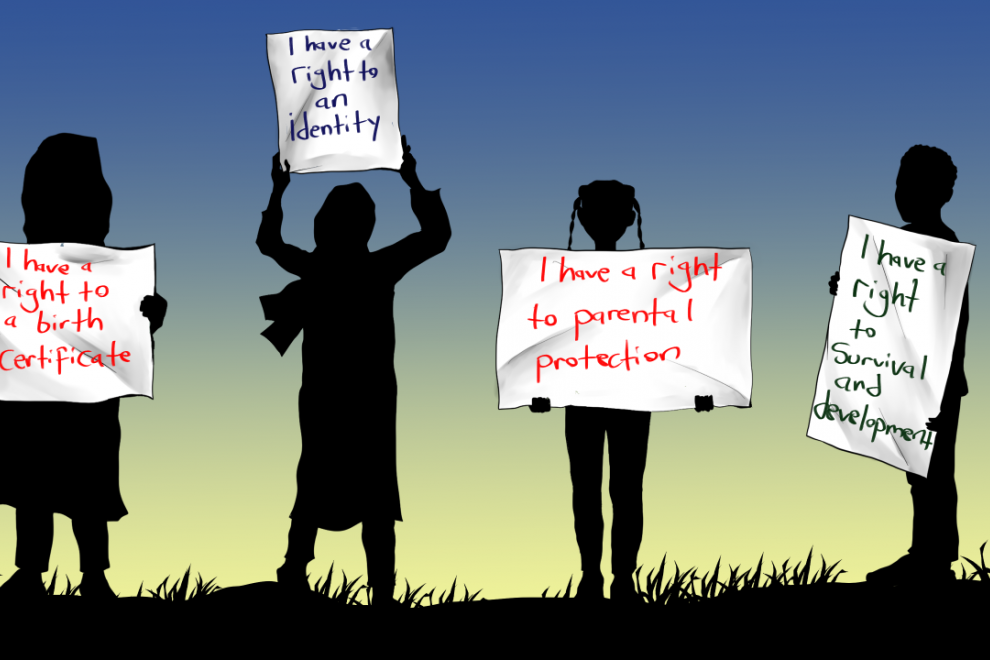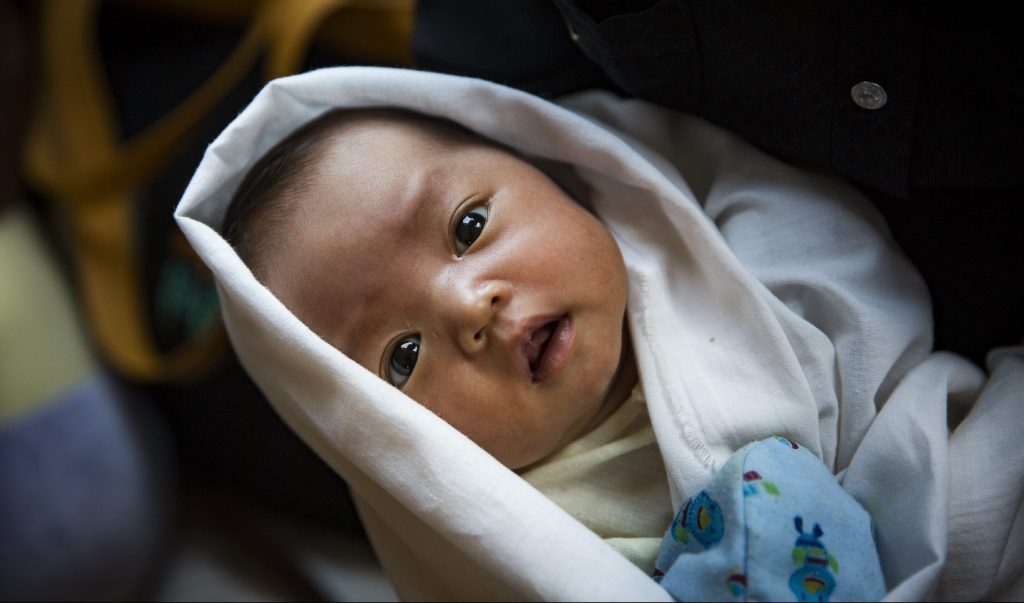Birth registration is a vital thread, often overlooked in the intricate weave of human rights. Far beyond a bureaucratic chore, it holds the transformative power to shape a child’s entire life, offering access to education, healthcare, legal protection, and a promising future. Let’s delve into the profound implications of birth registration and understand why it’s a cornerstone rather than a mere administrative formality.
The Power of Identity
Birth registration is the official recording of a child’s birth by the government or relevant authorities. It involves the documentation of essential details such as the child’s name, gender, date, and place of birth. The registration process creates an official record, usually in the form of a birth certificate, which serves as legal proof of the child’s identity and citizenship. However, in reality, millions of children, particularly in regions like sub-Saharan Africa, South Asia and Middle East, exist without official recognition.
Education as a Right, Not a Privilege
One of the greatest impacts of birth registration is its role in granting access to education. Unfortunately, UNESCO reports that one in three children under five in low-income countries lacks birth registration, shutting the doors to educational opportunities. This invisibility perpetuates cycles of poverty and illiteracy.
Guarding Against Exploitation
Beyond education, birth registration plays a pivotal role in preventing child trafficking. Traffickers often exploit victims by manipulating identities. UNICEF reports that a quarter of trafficked children for exploitation are under 18. A birth certificate becomes a shield against such exploitation, providing a recognized identity for the child.

Legal Safeguards
As children grow, birth certificates become legal safeguards protecting them from early marriages and child labor. These documents create a shield against forced marriages and unfair labor practices, offering children the chance to grow, learn, and become self-sufficient.
Addressing Gender Disparities
Unfortunately, gender disparities continue to be a challenge in birth registration, particularly in certain countries where girls face a higher likelihood of being unregistered at birth. This inequality exposes them to various forms of discrimination and gender-based violence. It emphasizes the importance of addressing not only the overall rate of birth registration, but also the underlying gender-specific issues that contribute to this disparity.
The Vulnerable Unregistered
In the absence of birth registration, children are left vulnerable to discrimination and exclusion, deprived of their fundamental rights to health, education, and a life free from exploitation. The lack of official identity exposes them to a myriad of challenges, hindering their access to essential services and leaving their futures uncertain and fraught with risks.
A Promise for Every Child
Birth registration isn’t just about paperwork; it’s about fulfilling a child’s rights. It serves as the key unlocking doors to education, healthcare, protection, and a brighter future. Regardless of birthplace or gender, birth registration offers every child an equal chance. While the journey toward universal birth registration is long, it requires collective effort to ensure every child’s life is marked by the right to an identity and a promising future. Hence, let’s recognize birth registration as a symbol of hope and a commitment to securing the fundamental rights of every child.
Disclaimer: Any opinions expressed in this blog do not necessarily reflect the opinions of CREDP. This content is meant for informational purposes only.





